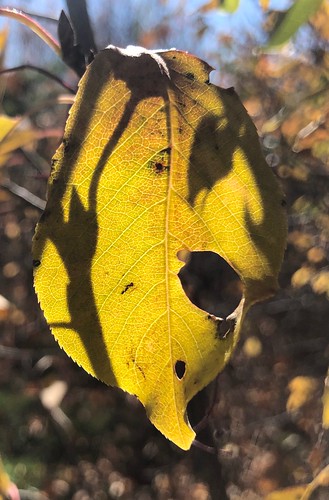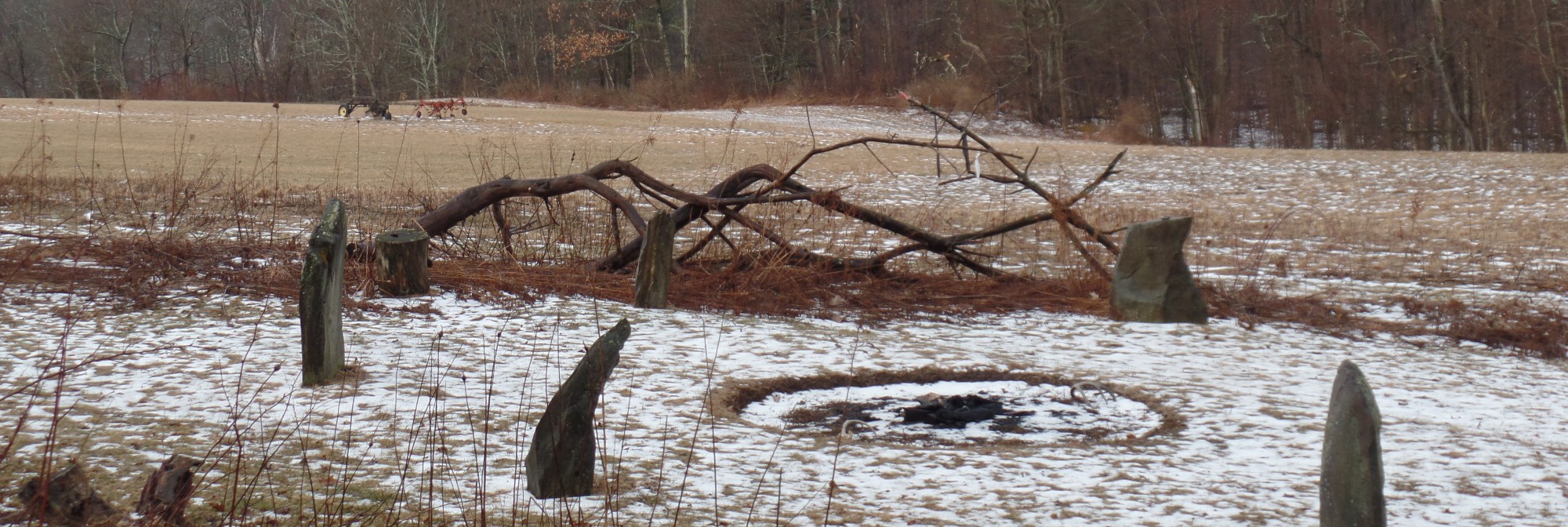
In recent years I have been trying to break down the partition between poetry as a written art form of metaphorical expression and those who read and love poetry. I know that I am not the easiest poet to read. Just know that I have spent countless hours pondering what makes a poem “good” and worth reading or just an obscure artifact of someone’s confusion.
When I read a poem by W.S Merwin (1927 – 2019) I often find myself scratching my head. He seems to be in a different universe: The poem “A Sickness at the Equinox” is as good an example as any.
(Second stanza:)
I sat in late sunlight hoping to be healed / shadows of leaves slip along me / crossing my face my chest / toward the east
(Third stanza:)
to each of them / in turn I say Take / it with you / take with you
(Fourth stanza:)
leaf shape / little shadow / darkness of one leaf / where you are going /a brother or sister / you were afraid was lost for good
(Fifth stanza:)
a mother a father / a lover / a child / from under there
In the second stanza he must be facing the east. He is sitting. But in the third stanza I don’t know what “it” refers to, so how can I understand the rest of the poem? But now he is addressing “you” who I take to be me.
He is saying take with you the leaf shadow. Take it with you “where you are going”. Is the leaf shadow a vestige of a brother or a sister you thought you had “lost”? (To death? To distance?).
He is saying, Don’t see the shadow of the leaf as a shadow of the leaf but as a shadow cast by someone familiar, and perhaps loved, who cannot be physically present, and he adds to the list of who that might be, to include a mother, father, lover, a child . . . that pretty much covers the whole nuclear family, plus a lover. Gone.
But you were only “afraid” they were lost for good. So they may not be lost for good. Take the shadows of this nuclear family and the shadow of a lover “where you are going”. Wherever that is — he doesn’t say.
The last line drops a little more information, that these loved ones whom you thought were lost are “from under there”.”-Now, let’s consider the title: “A sickness at the Equinox.” Equinox is when “the sun crosses the equator and day and night are everywhere on earth of approximately equal length.” So you might say it is when dark and light, the passage of time itself, are at a still point but also a tipping point. He is at a tipping point in his life and so is the world, so we are sharing this still point, this tipping point, with him by reading his poem.
In the first line of the first stanza, he lets us know it is September. And, if we leave out his description of the yellowing and fading of the late summer flowers, he is saying “September yellows . . . as when I was born / and the days before”. The “days before” is the poet’s acknowledgement that there have always been Septembers and Equinoxes and tipping points when death is close and life could easily slip away. So, within this setting he “sat in the sunlight hoping to be healed”.
He wrote this around 1973 – that is when the book was published -“-so obviously he was healed because he lived for 46 more years. But when we are seriously sick and depressed we might reflect on our mortality (I know I do) and if summer is officially over, sometimes it might feel like we’re on the way out, and we might even contemplate what it would be like to pass, to die, to be laid to rest, perhaps to be reunited with those we lost and love.
As he sits in the old light, caressed by the shadows of leaves, he might side with the shadows of the leaves, imagining them to be the “shades” of the deceased. (A shade (Gk, AKIA, Latin, umbra = a spirit from the underworld.) But now that I get the picture, that he is contemplating death, I started asking myself, is it possible that anyone could lose everyone in their family to death except in the worst of catastrophes such as in Ukraine or Gaza, or natural disasters such as the fire that burned Lahaina, Hawaii to the ground. I read over the second to last stanza and I see that the leaf shadow that he is inviting “you” / me, us to take with us, where we are going, might be any one of those we might have “thought we lost”, i.e., a brother, sister, mother, father, lover, child. . .not all of them. If he dies he will see again the one he thought he lost. That is the consolation of this poem. Not an easy poem.
Merwin’s poems are like onions. My interpretation is just one layer. I contend that for what he wanted to say, he could not have written this poem any differently. And, judging by his fame, this is understood by people who love and depend on poetry. They know that he is not being needlessly abstruse. They trust him.
